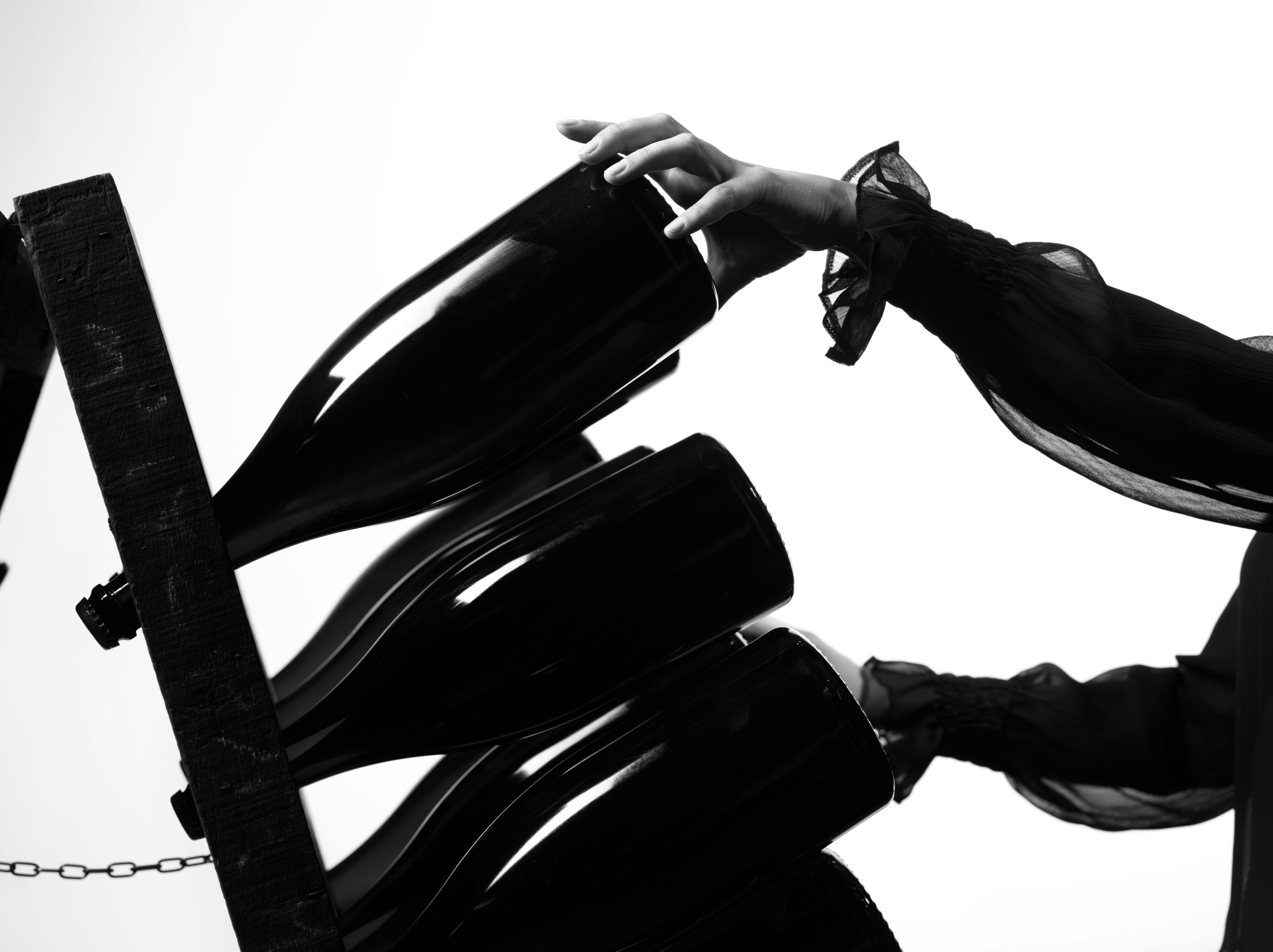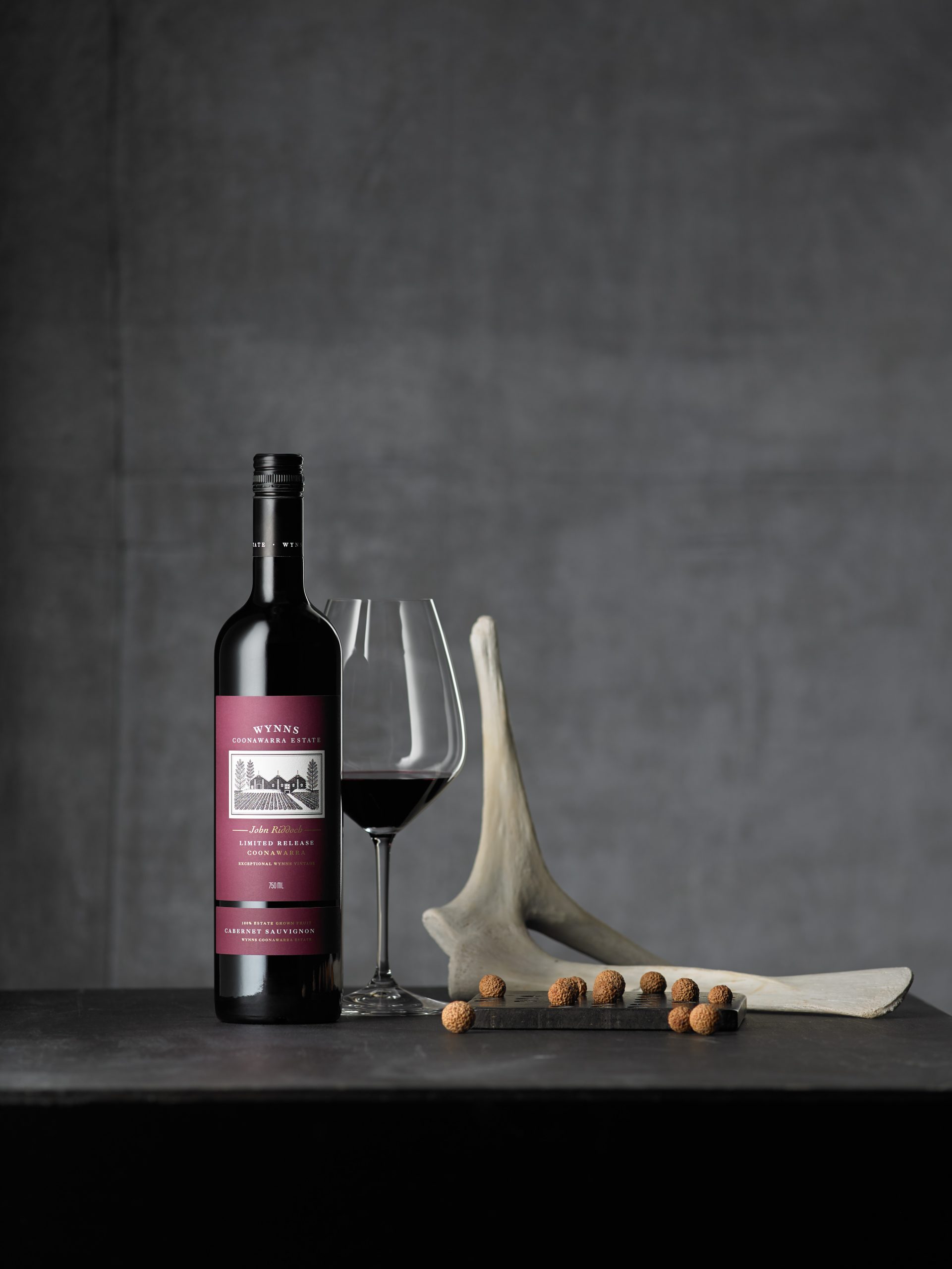Labbé: Chilean wine needs stricter regulations
The Chilean wine industry has got to a point of maturity that would see it benefit from stricter regulations, according to Santa Rita’s ultra-premium winemaker, Sebastian Labbé.
Speaking to db over Zoom this month, Labbé said that more regulations on winemaking in certain regions of Chile would help improve the country’s image.
“In Chile we need to start focusing more on regulations. All this freedom can be controversial, because at the moment you can plant Cabernet Sauvignon in Leyda if you want to, or bottle a Gran Reserva Sauvignon Blanc aged in stainless steel, which damages Chile’s image.
“If we really want to push our DOs then we need more regulations in terms of yields, varieties and pruning. There’s more cohesion in the country now and the future of the industry lies in working together.
“We’ve pushed the boundaries and experimented a lot, and we need to consolidate what we have now. The opportunities for innovation are endless, but it’s time to fine tune our offering now and focus on quality.”
In terms of the ongoing threat of climate change, Labbé believes it will bring about a change in how grapes are grown in Chile, with dry farming becoming more of a necessity.
“We’re experiencing the effects of climate change and need to adapt our approach to viticulture as a result and be more open to dry farming in Chile.
Partner Content
“It’s becoming more of a need rather than something to experiment with. Nature is pushing us that way. Most of the greatest wines I have ever tried in my life have come from dry farmed vineyards,” Labbé said.
He also believes that now is the time for Chile to start mapping out its micro terroirs for high quality Cabernet.
“We’re doing a lot of geological studies on our soils at the moment in order to understand them better to have more blending options.
“We still have a lot of work to do in getting Chile’s top terroirs recognised. I think most of the classic Cabernet soils are planted now, but there’s still a lot do discover with white wines down south,” Labbé said.
“My dream is to make and sell a collection of six Cabernets from different plots in Alto Jahuel that show how the soil type influences the style of the wine. We have 10-12 plots that we could isolate for this project and are experimenting with them at the moment,” he added.




